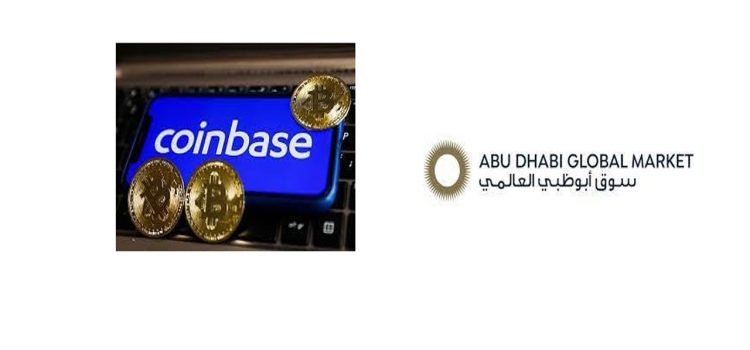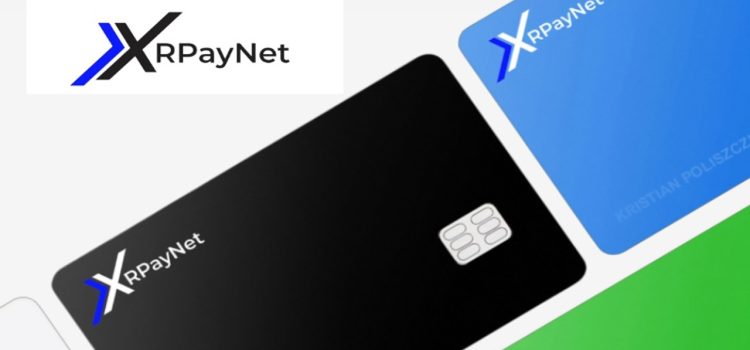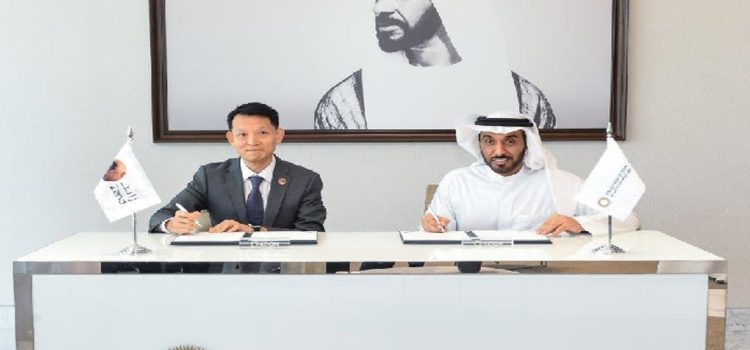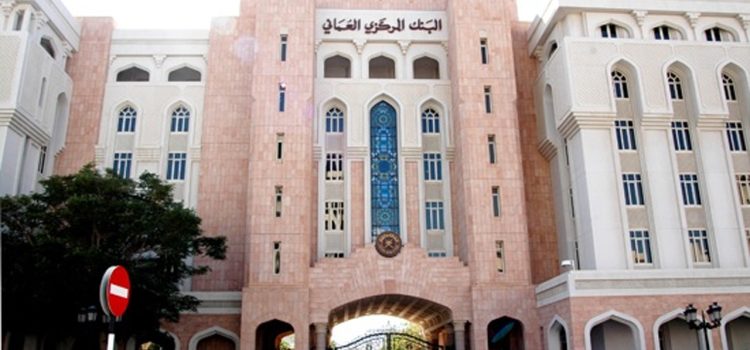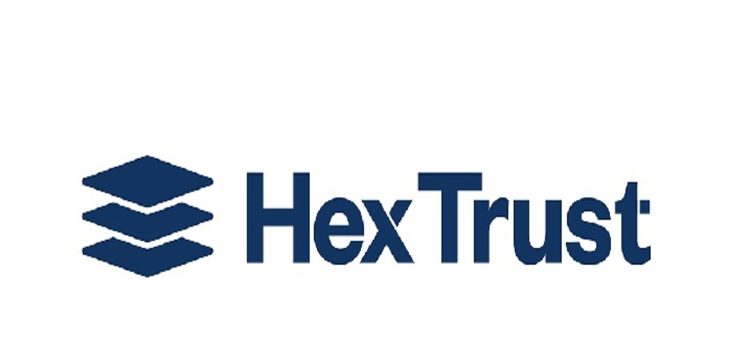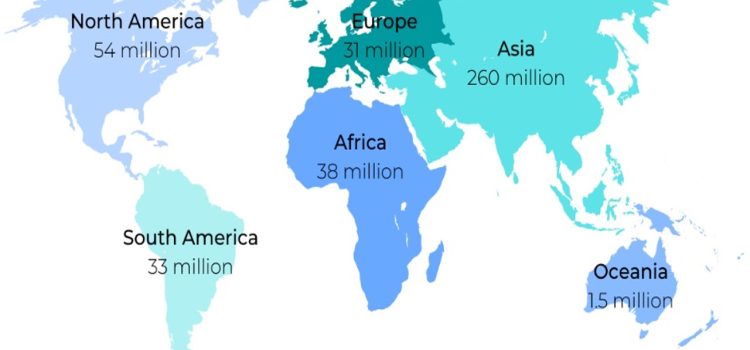XRPayNet a blockchain XRP Ledger based crypto-fiat micropayments solution provider is gearing up to launch in the UAE. Already in the process of being regulated through VARA and the Central Bank of UAE, XRPayNet and its partner in the UAE, ChainTech Labs aim to revolutionize the crypto payments sector by bridging the world of fiat and crypto for micropayments and buy now pay later offerings.
Kristian Poliszczuk Founder, of XRPayNet has been a passionate crypto investor since Bitcoin was valued at just $2000; he then became an XRP enthusiast and from there built XRPayNet on XRP’s Blockchain ledger. Poliszczuk is an entrepreneur at heart building small businesses since he was 12 years old. At just 23 years old he had 19 properties under his belt as a real estate broker and today he is seeking to become one of the world’s leading crypto micro payments provider.
A Solution to a Problem
According to Poliszczuk XRPayNet was developed to solve three major problems facing the 420 million crypto holders globally today. The first was that most crypto holders have no place to spend their crypto given that retailers are hesitant to accept crypto due to its volatility, secondly most crypto payment solution providers have yet to bridge fiat with crypto and finally retailers and merchants want a secure, easy technology platform to use seamlessly with their existing technology.
Poliszczuk told LaraontheBlock, “For crypto to be mainstream, it must work in harmony with fiat. I started to think about creating a tool that would allow users to spend their crypto from their wallet while retailer receives fiat currency. We are doing this through both our debit card solution as well as mobile application, making the Crypto to Fiat payment process seamless.”
Today, cryptocurrencies are accepted by less than 0.001% of companies throughout the world, yet $2.5 Billion was spent by consumers on pre-paid crypto cards in 3 months from the end of 2021-start of 2022.
Utilizing XRPL network, as one of the only 145 node validators, XRPayNet is built on one of the most scalable and ecological blockchains developed to date.
In addition to offering micropayments XRPayNet will be offering the first Buy Now Pay Later solution for crypto holders. Poliszczuk explains, “We are bringing the solution of Buy Now Pay Later to the crypto world. Clients who hold our card or application can buy on credit using the XRPAY coin staked with us as collateral. We are offering crypto holders more choice and providing the retailer with fiat currency of their choice.”
Entering the UAE
Currently XRPayNet is going through the process of acquiring a regulated license in the UAE, working with the legal firm Saeed and Company. They are seeking regulatory approval from Dubai’s Virtual asset regulatory Authority as well as the Central Bank of UAE given that they are a payment solution provider.
Poliszczuk says, “We have been told the process will take three months and we are confident given that one of our retail partners is closely involved in the regulatory scene and understand VARA’s requirements well.”
XRPayNet already has clients lined up in the UAE who are looking to offer crypto fiat micropayments and Buy now Pay later services. Poliszczuk, told LaraontheBlock, “We have a UAE chain of stores ready and waiting for us to deliver our technology to start using it in March 2023, we have also been approached by a gas station chain who also want to use our service. We have built a complete POS (Point of service) interface and all these stores need is to download our application on their terminals at point of sale to complete the payments.”
The XRPayNet coin while developed identical to that of XRP Ripple is not the same as XRP. According to Poliszczuk while the coin is built on XRP ledger and identical to Ripple’s XRP we did not choose to use XRP because Ripple has already positioned it as a coin for international cross border payments for banks and not for micro payments.
To date XRPayNet has more than 10,000 holders of their coin. In addition XRPayNet is considering with its UAE partners to developing their own XRPayNet stablecoin as well as adopting the stablecoin required by UAE regulators. He states, “As part of the regulatory process it stipulates that we should use a particular stablecoin which has to be embedded in our applications. We are adhering to these regulations very strictly.”
XRPayNet founder is confident that there is huge demand in the UAE for crypto retail payments services and this is one of the reasons they were approached by ChainTech Labs. According to Poliszczuk, “ Today there are maybe 100-200 global crypto payment entities in the space and many of them won’t go forward as they usually stop development during bear markets. We are not them, we increased our talent base from 9 people to 26 within the last 6 months, and regardless of our coin price we are still developing to create the best products. So we are positioned ahead of others.”
Expansion and the Future
Other than the UAE, the 14 month old XRPayNet will be expanding to other jurisdictions. In December 2022 alone there were 11 requests for partnerships across the globe.
In conclusion XRPayNet founder believes that crypto is still in its infancy stage and is here to stay as long as people don’t convince themselves that crypto can work in silo of fiat, in the end they both need to work in harmony.









